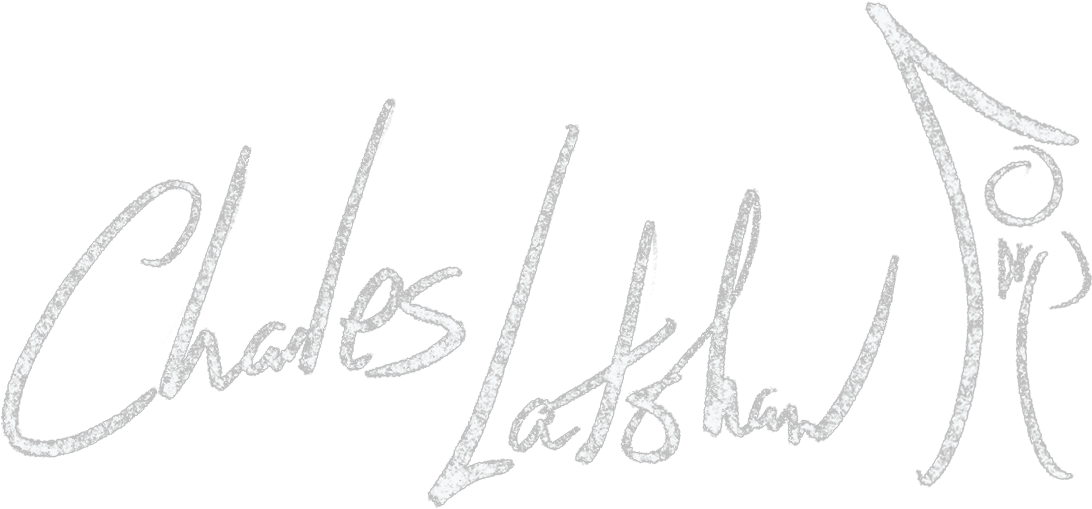The review from the Bloomington Symphony Orchestra’s December 12th concert is in. The verdict? Charles Latshaw is quickly improving and developing the sound the the BSO. The full review is below:
http://www.heraldtimesonline.com/stories/2008/12/14/scene.nw-276788.sto
New conductor inspiring orchestra to play better
By Peter Jacobi
H-T Reviewer
12/14/2008
Charles Latshaw, the Bloomington Symphony Orchestra’s enthusiastic and talented young music director, has his ensemble playing with renewed energy and consistently improving tonal quality.That was clearly in evidence Saturday afternoon when the orchestra performed a compact concert of works by Gustav Mahler and Edward Elgar in the sanctuary of Bloomington’s Unitarian Universalist Church. It was a cozy environment that Latshaw had chosen, which may have contributed to how lush and limber the orchestra sounded. Just to seat the 60 members meant placing the closest string players within an arm’s length from front-row listeners, and not a person there was more than 10 rows away.
But, no, the BSO is playing better, having found a conductor who’s getting comfortable with his duties and definitely seems to know how to infuse the same sort of spirit into his musicians that he carries in himself for the music he chooses. For Saturday’s concert, he chose Mahler’s “Songs of a Wayfarer” and Elgar’s Enigma Variations. What one heard left the audience cheering.
The set of four Mahler songs, originally written for piano and baritone but then orchestrated, reflect the emotional highs and lows one usually comes upon in the composer’s works. These were propelled by his thwarted love for a singing actress. They drip with love and longing, exploiting themes also found in Mahler’s First Symphony, not surprising in that he worked on both compositions at the same time.
The orchestra did nobly with the music’s tender moments and its sumptuous climaxes. So, most importantly, did baritone Scott Harrison Hogsed, who took vocal and dramatic possession from the poignant opening words, “When my darling has her wedding day … I will have my day of mourning.” Hogsed never lost his intensity for capturing the music’s meaning, nor did he allow his voice to falter, regardless of the score’s demands, which call for power, resonance and range.
The Enigma Variations have had all sorts of theories set forward as to what mystery the composer embedded into their substance, beyond saluting a host of his friends. But what matters, when one hears them played, is how sumptuous the conductor can make them sound and how his imagination and craft can vary the tempos and temperament suggested in the music. Those familiar with the Variations tend to wait for the 9th, titled “Nimrod,” so exuding of grandeur and nobility is it. But the set contains multiple other aural gifts, all of which were given their due in a reading carefully designed for major impact by Latshaw and carried out in noteworthy fashion by all those hard-working players in the ranks.
